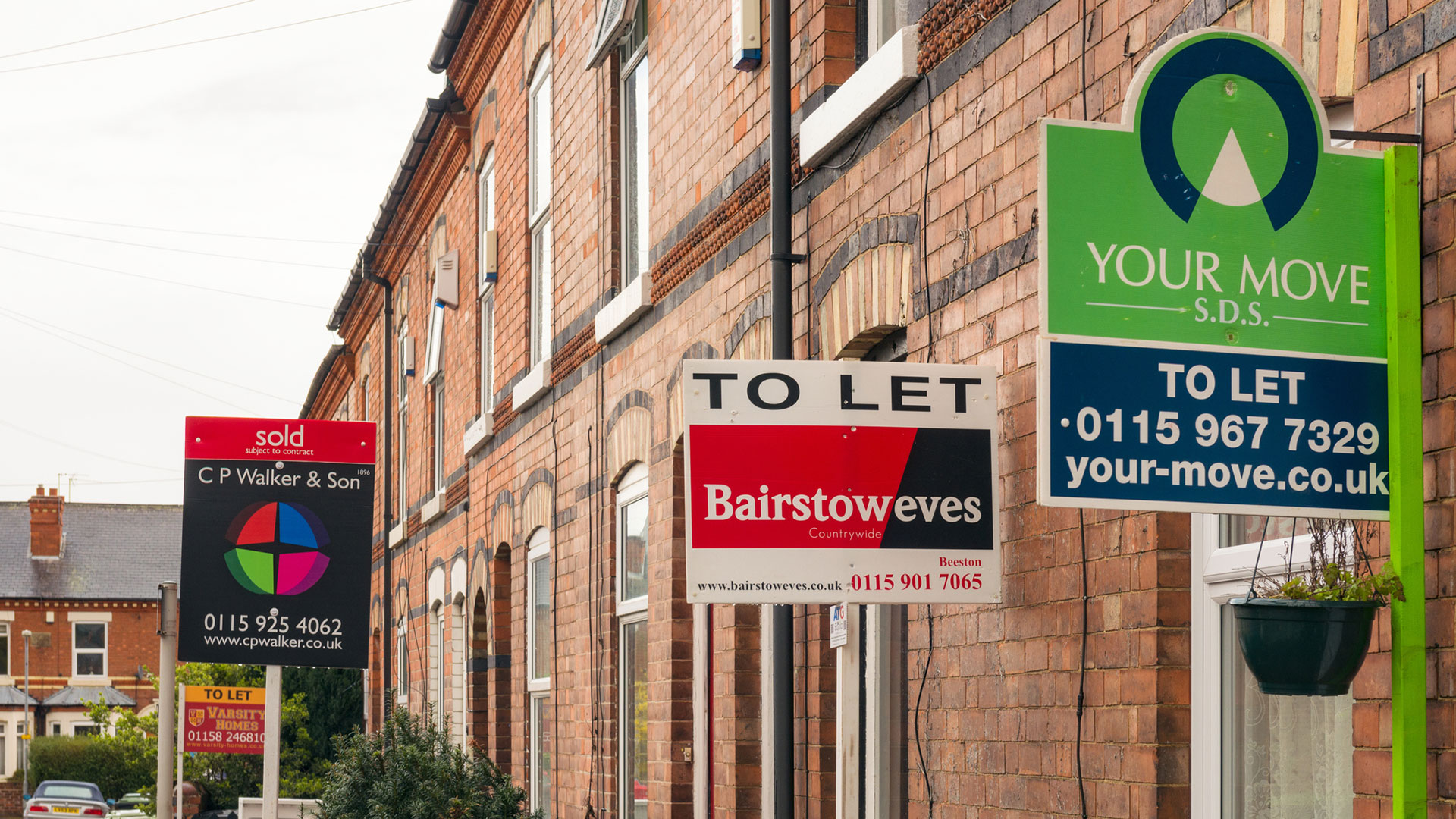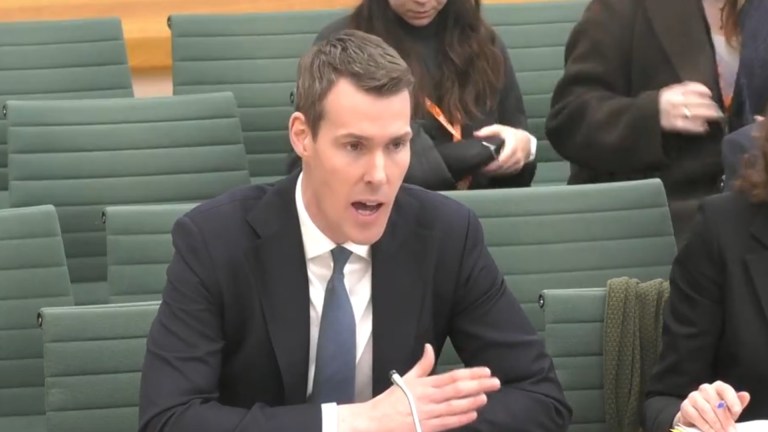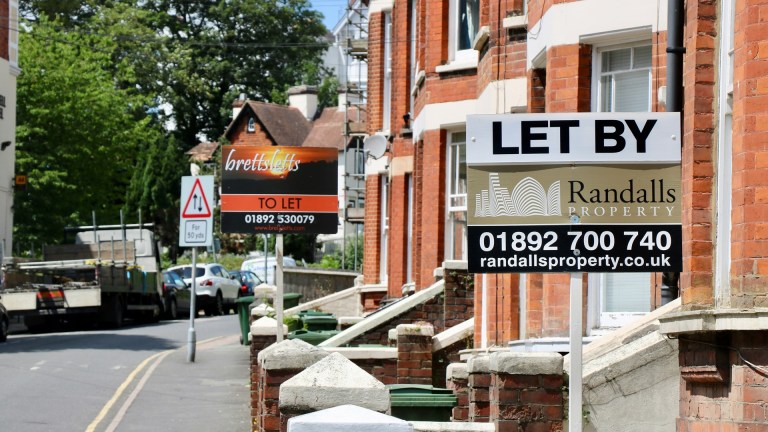What is Shelter doing to fight this?
In the short term, we’re trying to get the government to take action on the cliff edge on August 23. Currently, if you are subject to an eviction notice, if you’ve got two months’ arrears or more in rent it just goes straight through. There’s no opportunity to have an argument about it. You will just be evicted.
We want the government to tweak the law so that judges can take into account the impact the pandemic has had on someone in rent arrears, to then require the tenant and landlord to work together and negotiate a repayment plan. Some good landlords are doing that but a lot are not. We are hearing from renters continually at the moment who are getting eviction notices and being told come August 23, you’re out. We’ve got a lot of backing for it from the public and from some MPs from all parties. But we still need the government to commit to making this minor legislative change, with a very short period of time to do it because Parliament is only sitting until July 21. They’re in last chance saloon now.
We’ve been trying to prove that housing benefit discrimination [when letting agents and landlords refuse tenants because they’re on benefits] is unlawful for a long time. Last week a judge at York County Court ruled it was in breach of the Equality Act, in a case involving a single mum of two. That’s a really important win right now – it’s a kind of discrimination that impacts women, BAME and disabled people, all of whom are being hit particularly hard by the effects of the pandemic.
What longer-term changes is Shelter campaigning for?
We want the government to invest in a proper plan to build social housing so that people on low incomes can afford to live somewhere. That doesn’t have to be far off into the future – there are flats that are supposed to be for private rent, shared ownership or other tenures, which could be switched to social rent immediately if the government was willing to invest in it as well as building more in the future.
A lot of these people we’ve been standing outside our houses applauding on Thursdays – people like hospital porters, care workers, delivery drivers, people who work in supermarkets – are now going to be threatened with homelessness because we just don’t have enough social housing. And if people get kicked out of private renting because they can’t afford it, there’s nowhere for them to go.
What has the pandemic done to show the link between housing and public health?
During the pandemic, we’ve been hearing from families living in one room in a B&B. All along the corridor are similar rooms with other big families inside. They’ve got a communal kitchen at one end, a communal bathroom at the other end, and they’re supposed to do social distancing.
We know overcrowding and poor housing are a factor in the over-representation of BAME people in Covid-19 infections and death rates. You can’t neatly separate out the housing crisis and the public health crisis.
Why is Shelter getting on board with the Ride Out Recession Alliance in its fight to end the housing crisis?
The more voices that join together the better. I’m absolutely delighted to see The Big Issue calling for social housing because it is the only answer to the crisis. There is so much at stake and so little time left to prevent disaster – we’ve all got to talk and work together to make sure things get done and done fast. Going back to how things were is not an option.
Polly Neate is chief executive of Shelter.
The Ride Out Recession Alliance is a desire to change thinking in order to better the lives of many and prevent a pandemic-driven wave of homelessness. We want to keep people in their homes by extending the moratorium on evictions for families financially hammered by Covid-19, and to keep people in employment through job creation schemes.
At launch we said we will be the platform and lead facilitator. We need the ideas and the energy of many, many people and organisations, and are delighted some fantastic organisations like Shelter are on board.









